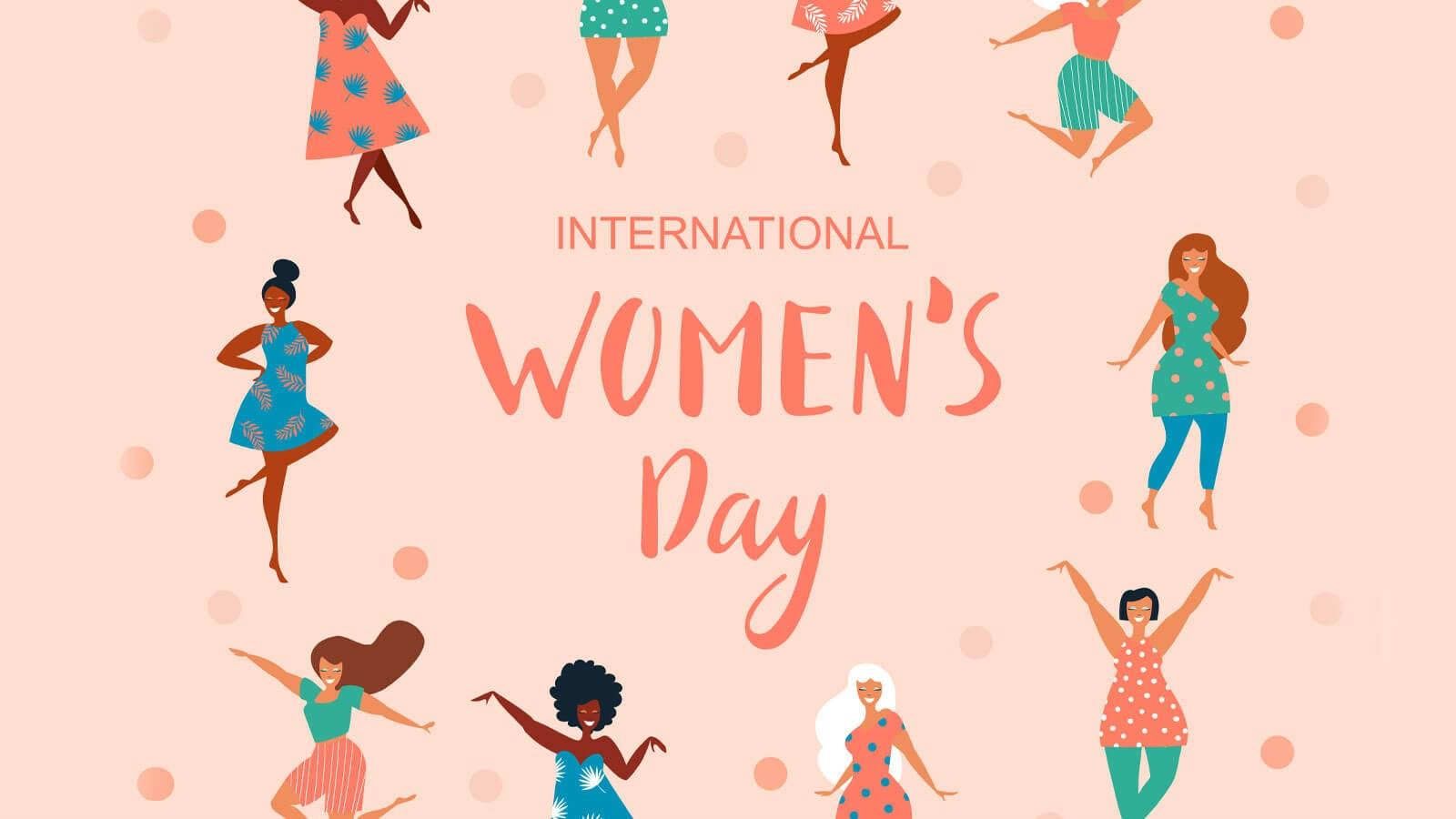By Frantz Celestine
On March 8 we commemorate International Women’s Day. This year’s theme, “Gender equality today for a sustainable tomorrow” acknowledges the contribution of women and girls around the world, who are leading the charge on climate change adaptation, mitigation, and response, to build a more sustainable future for all.
The United Nations 2030 Agenda for Sustainable Development commitment to “leave no one behind” recognises both migration and gender equality as integral to sustainable development. More than 135 million, female migrants comprise somewhat less than half of the global international migrant population, a testament to the gendered dimensions of migration.
- We’ll treat repatriation of Nigerian refugees as emergency – Osinbajo
- ‘ How NIPRISAN is improving access to sickle cell treatment in Nigeria’
Today, more and more female migrants migrate independently for work, education, and as heads of households across West Africa and Nigeria.
Female migrants might face stronger discrimination and are more vulnerable to mistreatment and abuse. Along the migratory routes or in a host country, they may experience double discrimination both as migrants and as women compared to male migrants.
On the one hand, women are powerful agents and leaders in their families and communities, providing resources for their families, facilitating migration, and adapting during displacement.
In North East Nigeria, more than half of the displaced population are women and girls. Sex-disaggregated data are essential for the provision of tailored humanitarian aid based on the evolving needs and the profiles of the affected populations. Information broken down by sex provides a better understanding of the gender dimensions of migration. IOM’s Displacement Tracking Matrix, one of the key enablers of the humanitarian response in the region, is a critical part of our work in profiling and assessing the needs of IDPs.
In addition to this, female Internally Displaced Persons (IDPs) experience displacement differently from men and boys. They face challenges like exclusion from decision-making processes and participation in livelihood activities. Those with disabilities are further excluded and alienated, which directly impacts their well-being and psychosocial health. Through the Women’s Participation Project, the International Organization for Migration (IOM) seeks to empower individuals and enhance women’s decision-making participation to reduce their perception of risk to gender-based violence (GBV).
In the South, female returnees are leading the way in sustainable reintegration through income-generating activities. Since 2017, more than 5,000 female returnees have received individual or collective reintegration support to build up their lives from scratch. From Edo to Abia, Rives to Lagos, Nasarawa to Kaduna, numerous emerging entrepreneurial minds have grown their businesses and can cater for themselves and their families. In the past five years we have helped more than 22,500 Nigerians (42% of whom are women) return home safely from areas where they were often confronted with abuse, trauma, exploitation and even death. With the essential support from the Federal Government of Nigeria, state agencies, and financial resources from donor countries, IOM is committed to continuing its work in harnessing the rich potential of young Nigerians within their home country. We are here to support the women and men of Nigeria achieve and maintain sustainable development.
On the other hand, even if we can see the light in the tunnel of this pandemic, ongoing pervasive effects of COVID-19 continue to have a negative impact on women migrants. They are more likely to work in the informal economy, especially domestic service and the care sector, with insecure contracts and no paid leave or ability to work remotely. Women migrant workers already have to grapple with multiple and intersecting forms of discrimination and inequalities, gender-specific restrictions in migration policies, insecure forms of labour, racism, and xenophobia.
Moreover, the increased costs incurred with new travel requirements, lockdowns and border closures dramatically exacerbated women’s inequalities in migration. Such measures have trapped women with perpetrators of gender-based violence who are often using COVID-19 as a means of coercive control, isolating them and their children. Such practices have no place in our societies.
We call on government partners, civil society organisations and the UN community in Nigeria to craft gender-responsive migration policies to foster global efforts towards gender equality.
On this year’s International Women’s Day, let us renew the commitment to make our societies more equal for everyone, irrespective of origin, age, gender and migratory status.
Celestine is the Chief of Mission IOM, Nigeria

 Join Daily Trust WhatsApp Community For Quick Access To News and Happenings Around You.
Join Daily Trust WhatsApp Community For Quick Access To News and Happenings Around You.


